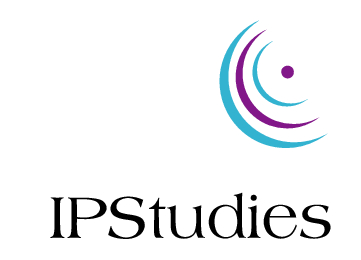Another outstanding pattern out of the CRISPR patent landscape is the complexity of inventorship and invention assignment tracking. The initial discoveries were conducted by multiple international teams; sometimes on their own, sometimes out of a formal collaborative research agreement, sometimes out of less formalized scientific research collaboration. This is again reflected in the resulting patent prosecution histories.
Thus, back in 2012, researchers from University of California and University of Vienna discovered that the Cas9 endonuclease can be programmed with single RNA molecules to cleave specific DNA sites, which directly lead to the development of CRISPR-Cas9 systems for genome editing. Their partnership was primarily informal: two scientists of their respective teams were speaking the same polish dialect as their mother tongue, which facilitated their partnership.
As the discovery was outstanding, the teams quickly prepared an international publication of their work. In parallel, University of California filed a provisional patent application on May 25th, 2012 in the name of multiple inventors from the two teams at the USPTO to secure a priority filing date before the paper was submitted to peer review. At the time of this provisional filing, assignments had not yet been sorted out. As of today, assignments have been registered at the US patent office for 6 out of 7 inventors: 5 inventors assigned their rights to University of California, while Krzysztof Chylinski assigned his rights to University of Vienna. Another scientist, Emmanuelle Charpentier, was not under obligation to assign her inventor rights to either university. She rather decided to keep them and licensed them to ERS Genomics and CRISPR Therapeutics.
Moreover, we observe that while the two universities have chosen to be represented by the same patent attorneys in front of the USPTO, Emmanuelle Charpentier further requested to be represented by a different law firm. As stated in a petition filed at the USPTO on June 11th, 2013, her interests are materially different from either university or other inventors interests. For example, patent prosecution decisions could result in different claims impacting the inventorship and ownership rights in the patent application. This joint representation is not so usual, and we’re curious to monitor how this will nuance the two teams prosecution tactics on that specific case. At the time of writing this note, we observe that both parties were actually represented at an examiner interview in September 2014 to discuss possible interference with the Broad patents and the Zhang declaration.
To help you orienteering into this fast evolving IP landscape, IPStudies now also offers a CRISPR-Cas dedicated patent monitoring service. The service can be subscribed on a monthly or yearly basis and comprises an online patent database access to monthly patent publication updates, plus our strategic highlights out of patent office data analysis. Please contact us today for more information!
